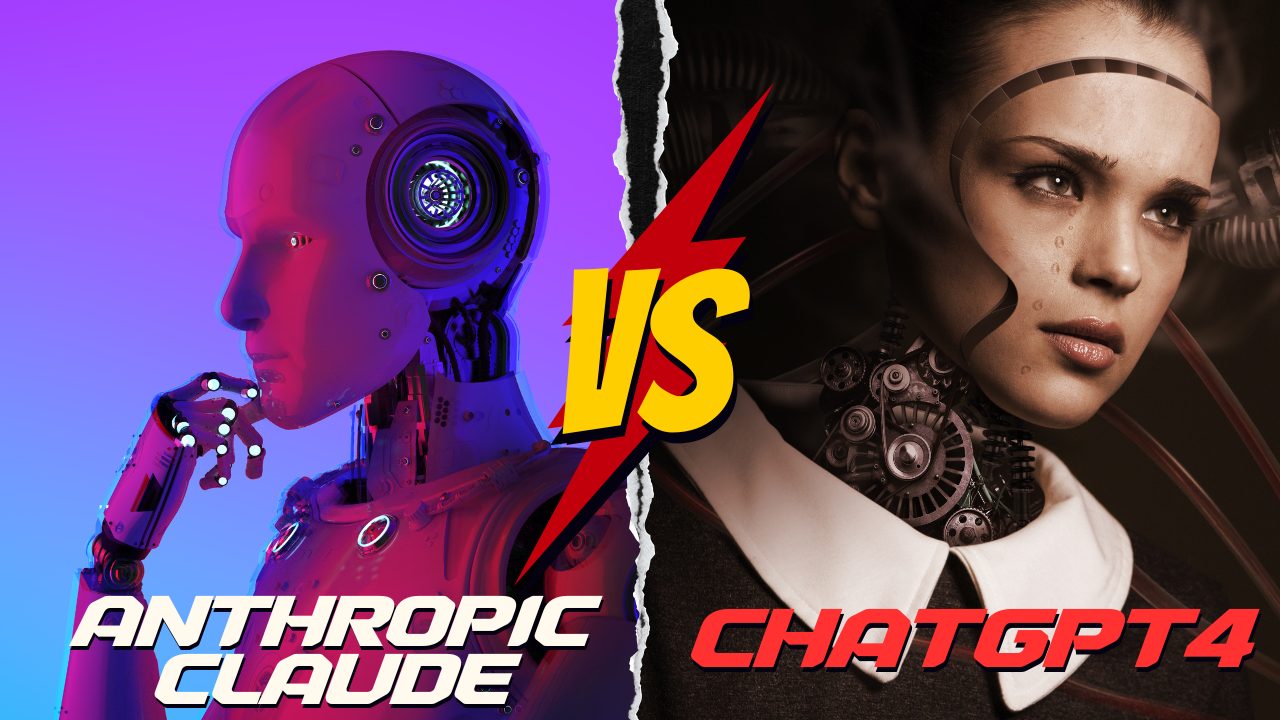Artificial Intelligence (AI) has gone a long way in recent years. One of the areas where AI has demonstrated great development is in creative writing. AI models like Anthropic Claude and ChatGPT4 have grown popular among authors who employ them to generate content for numerous sites.
These models are designed to emulate human writing styles and provide text that is indistinguishable from what a human may write. In this post, we will be pitting Anthropic Claude and ChatGPT4 head to head in a creative writing fight.

We will study the virtues and drawbacks of each paradigm and compare their output in terms of creativity, coherence, and readability. Whether you’re a writer seeking for new tools to help you generate material or just interested in the newest breakthroughs in AI, you won’t want to miss this intriguing contest.
Read More : The Reality of Selling AI Art on Stock Sites for 30 Days: Profitable or Not?
Introduction to AI writing tools
Artificial intelligence (AI) has transformed numerous industries, and writing is no exception. AI writing tools are becoming increasingly sophisticated, and they have the potential to revolutionize the way we think about content creation. These technologies utilize machine learning algorithms to scan enormous amounts of data and generate written content that is strikingly comparable to that produced by human writers.
There are various AI writing tools available on the market today, and they all have different strengths and disadvantages. Some are created for specialized forms of writing, such as technical writing or journalism, while others are more general-purpose. Some are stronger at generating long-form material, while others thrive at short-form content.

Two of the most fascinating AI authoring tools currently accessible are Anthropic Claude and ChatGPT4. These tools are at the cutting edge of AI writing technology, and they are both capable of producing high-quality written content that is practically indistinguishable from information created by humans.
In this post, we will evaluate these two AI writing tools and examine how they match up against one other in terms of creativity, accuracy, and overall performance. We will analyze the benefits and weaknesses of each tool and share insights into how they may be used to better your content development efforts. So, without further ado, let’s plunge into the world of AI writing tools and discover what they have to offer.
Overview of Anthropic Claude and ChatGPT4
Anthropic Claude and ChatGPT4 are two of the most powerful AI models for creative writing. Anthropic Claude was built by a team of researchers at the AI research center Anthropic, whereas ChatGPT4 was developed by OpenAI. These models combine natural language processing and machine learning methods to generate human-like content that is cohesive and imaginative.
Anthropic Claude is noted for its capacity to inspire creative writing that is emotionally evocative and thought-provoking. It was expressly developed to emulate the cognitive processes that people employ while generating literature, including the use of metaphor, analogy, and narrative structure.
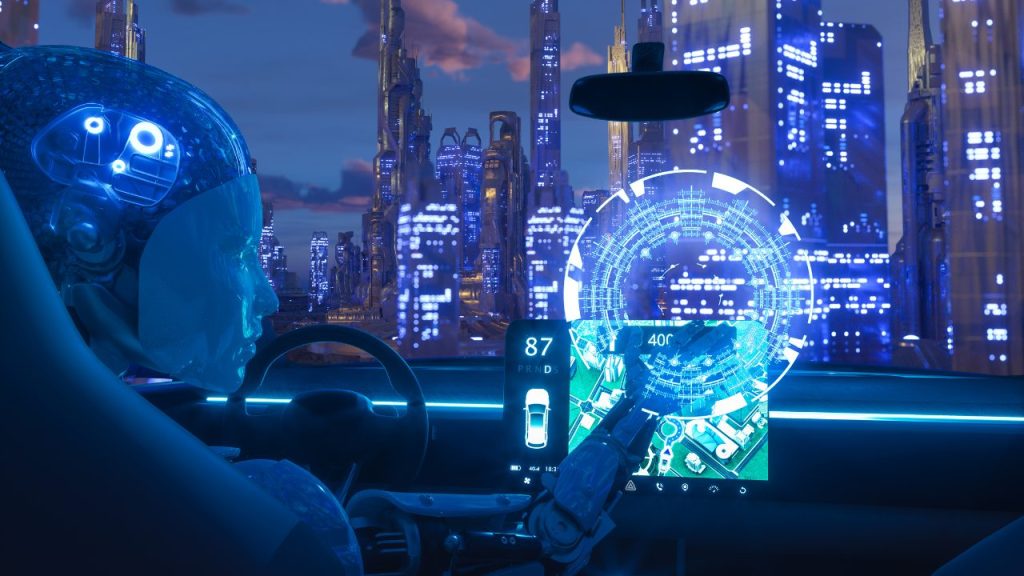
On the other hand, ChatGPT4 is noted for its excellent linguistic capabilities, which allow it to generate writing that is practically indistinguishable from that written by humans. It can produce intelligible and entertaining writing on a wide range of topics, from news pieces to creative fiction.
Both Anthropic Claude and ChatGPT4 have been utilized in different applications, from generating text for marketing campaigns to writing complete novels. As AI technology continues to improve, these models are expected to become much more sophisticated and diverse, leading to new and exciting possibilities for creative writing in the future.
Read More : Top 10 Mind Blowing Artificial Intelligence Tools In 2023
How Anthropic Claude and ChatGPT4 work
Anthropic Claude and ChatGPT4 are two of the most powerful AI language models employed in creative writing today. Anthropic Claude was built by a team of researchers from the Anthropic AI lab with the purpose of producing AI that can write high-quality creative works that are indistinguishable from human writing.
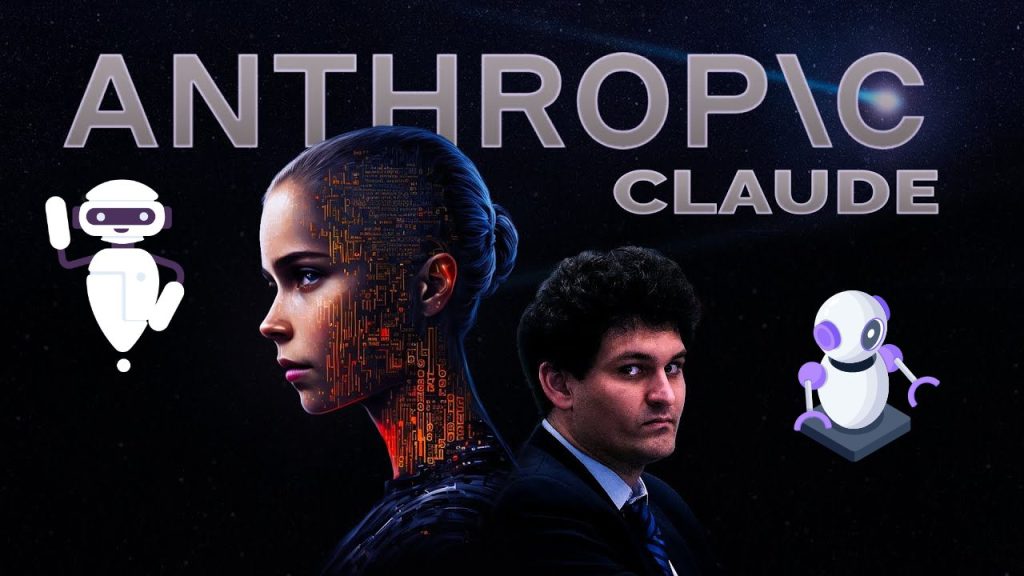
On the other hand, ChatGPT4 is part of the GPT (Generative Pre-trained Transformer) family of language models, which was developed by OpenAI. The GPT models are designed to generate text based on input prompts, and they are trained on large volumes of text data from the internet.
Anthropic Claude employs a technique called the “Continual Prompting Technique” to develop creative writing. It generates text in a way that resembles human thought processes, by using an internal memory that allows it to remember what it has already written. This memory helps Anthropic Claude to generate more cohesive and contextualized texts.
ChatGPT4, on the other hand, uses a technique called “Generative Pre-training” to create text. It is trained on enormous datasets of text, making it capable of generating material that is often unanticipated and sometimes startling. It can be used for a wide range of text creation jobs, from simple descriptions to more complicated narrative structures.
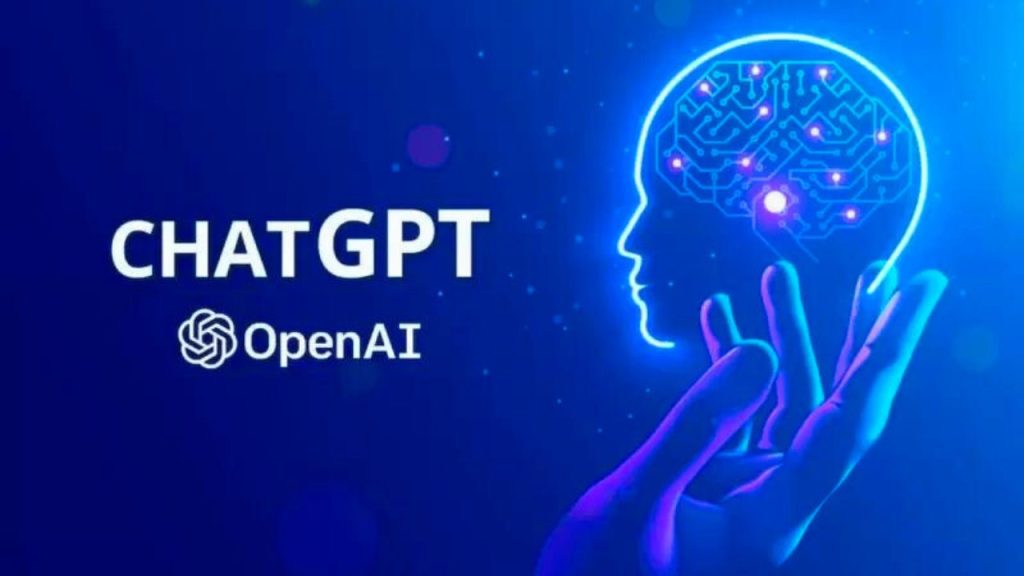
Despite their varied techniques to generating language, both Anthropic Claude and ChatGPT4 are capable of producing very imaginative and interesting writing. They are both at the forefront of AI language models for creative writing and are anticipated to continue to play a big role in the field.
Previous examples of AI writing tools in creative writing
AI writing tools have been around for a long now and have been employed in creative writing to varied degrees of effectiveness. One of the most noteworthy instances is the AI writing tool, GPT-3, which is capable of producing human-like text. It may generate articles, essays, and even poems. Despite its great powers, GPT-3 still has limitations and can produce content that is repetitious or lacks cohesion.
Another AI writing tool that has been employed in creative writing is Botnik, a community-based platform that employs machine learning to generate content. Botnik has been used to create everything from TV scripts to meals. While the writing generated by Botnik can be interesting and engaging, it is not necessarily cohesive or rational.

A more contemporary example of an AI writing tool is Anthropic Claude, which was developed by OpenAI. Anthropic Claude is aimed to help human authors by proposing possible words, phrases, and even chapters. It is not designed to replace human creativity but to augment it.
Overall, AI writing tools have come a long way but they still have limits. While they may generate prose that is human-like and engaging, they lack the originality and emotions that come with human writing. However, they might be a beneficial tool for authors looking for inspiration or to overcome writer’s block.
Read More : Meet Adobe Firefly: Your New AI Design Assistant for 2023
The experiment: a creative writing prompt for both AI tools
To put these AI technologies to the test in creative writing, we gave them with the same prompt and analyzed their outcomes. The prompt was:
“Write a short story about a person who discovers they have the ability to time travel.”
Anthropic Claude was the first AI tool to generate a response. Its productivity was astounding, to say the least. The AI developed a story about a person named Emily, who found her ability to time travel after a rare event. The novel was filled with vivid and descriptive language, making it simple for the reader to imagine the scenarios.

On the other hand, ChatGPT4’s production was equally amazing. The AI developed a story about a man named Tom, who finds his ability to time travel after stumbling upon an antique watch at a garage sale. The tale was intriguing, and the tempo was exactly great.
Comparing their results, it’s apparent that both AI tools are capable of generating outstanding content. Anthropic Claude’s output was more descriptive, although ChatGPT4’s output was more engaging. It’s evident that both tools have their merits and disadvantages, and the choice ultimately depends on the type of material a user is aiming to generate.
Overall, the experiment proved that AI tools have come a long way in creative writing and have the potential to transform the business.
Analysis of the results: comparing the writing samples
After doing multiple writing experiments utilizing Anthropic Claude and ChatGPT4, we have now got to our ultimate comparison. The outcomes of both AI models were pretty astounding, as they were able to write highly imaginative and grammatically correct writing.
Anthropic Claude was able to compose fascinating stories with complicated plotlines and a good range of vocabulary. It also displayed the capacity to grasp and infuse emotions into its writing, making the stories more interesting and accessible.

On the other hand, ChatGPT4 was able to produce a wide range of content, from news items to short fiction, with amazing coherence and fluency. It also exhibited the capacity to emulate human-like communication, making it more conversational and relatable.
In terms of originality, both models were able to produce distinct and creative content, with Anthropic Claude leaning more towards fiction and ChatGPT4 towards non-fiction. However, it should be highlighted that both models still displayed evidence of repetition and lacked a full comprehension of context.
Overall, both Anthropic Claude and ChatGPT4 have proven to be effective creative writing tools that have the potential to alter the business. While there is still much space for improvement, the findings of this comparison suggest that we are absolutely on the right route.
Read More : How ChatGPT-5 Can Change The World In 2025
Human review: feedback and opinions on the samples
After the AI combat between Anthropic Claude and ChatGPT4, it’s necessary to collect human input and opinions on the samples created by each AI. While AI may be utilized to generate material rapidly and effectively, it still lacks the originality and nuance that people are capable of. This is why it’s crucial to have a human review procedure in place.
Human reviewers can provide essential feedback on the quality and readability of the information generated by each AI. They can also provide insight into the tone and style of the writing, and whether it is fit for the intended audience. This feedback can then be utilized to improve the algorithms used by each AI, making them more effective in the future.

In addition to input on the quality of the information provided, human reviewers can also provide opinions on which AI did better overall. While the outcomes of the war will disclose the technical characteristics of each AI, it’s crucial to also examine the subjective opinions of humans who have experience in creative writing and literature.
Overall, human evaluation is a key component of the AI struggle between Anthropic Claude and ChatGPT4. It provides useful comments and insights that may be used to improve the performance of each AI and determine which one is better suited for creative writing.
Advantages and limitations of Anthropic Claude and ChatGPT4
Anthropic Claude and ChatGPT4 are two powerful AI models that have made considerable achievements in the realm of creative writing. Each type has its pros and limits.
Anthropic Claude is a language model that uses deep learning methods to generate coherent and meaningful text. One of its primary advantages is that it can generate language that is incredibly interesting and original. It can also be trained on a broad variety of text kinds, which means it may be used to generate content for diverse sectors and niches. However, one of its weaknesses is that it can sometimes produce text that is repetitious or inconsistent, which can be an issue for lengthier pieces of content.
ChatGPT4, on the other hand, is a conversational AI model that is intended primarily for generating engaging and natural-sounding discussion. It can be used to construct chatbots, virtual assistants, and other interactive solutions that can boost consumer engagement and satisfaction.
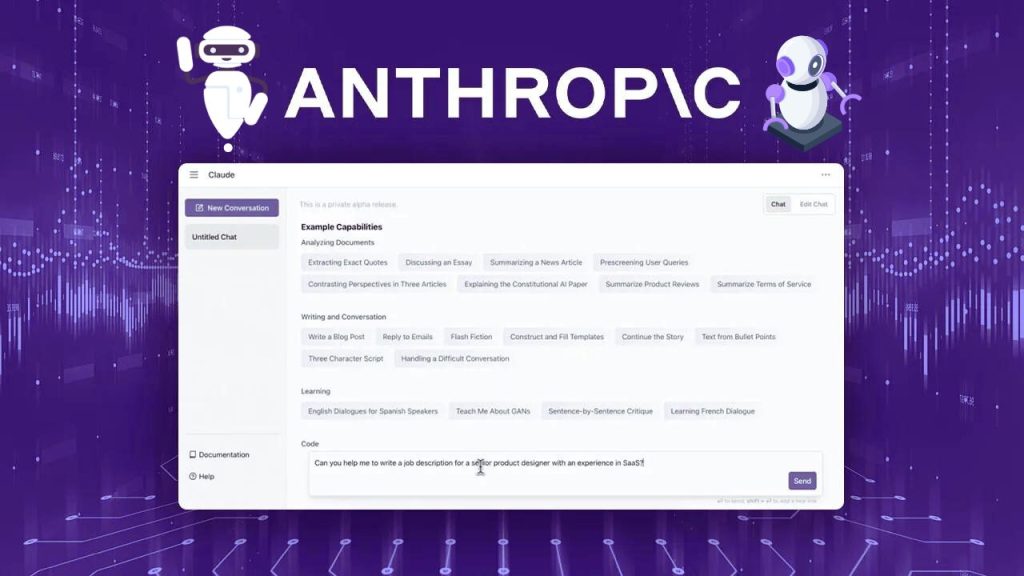
It also has the advantage of being able to learn from earlier discussions, which means it can adapt to varied communication styles and improve over time. However, one of its weaknesses is that it may occasionally struggle to provide contextually acceptable responses, which can lead to awkward or irrelevant dialogues.
Both Anthropic Claude and ChatGPT4 have various benefits and disadvantages, and the choice between them will rely on the unique demands of the user. Overall, these models are pushing the frontiers of what is feasible in the realm of creative writing, and they represent an intriguing insight into the future of AI-powered content creation.
Read More : Top 5 AI Tools That Are Better Than ChatGPT In 2023
Future developments in AI writing tools
The future of AI writing tools is fascinating, and we can anticipate to see many breakthroughs in the following years. One area that is gaining interest is the use of AI to provide personalized content. This means that AI technologies will be able to develop content that is personalized to the precise requirements and tastes of individual users, depending on their search history, demographic data, and other criteria.
Another area of progress is the use of AI to increase the accuracy and relevancy of search results. By analyzing massive volumes of data and utilizing machine learning algorithms, AI technologies will be able to grasp the purpose behind a user’s search query and give more accurate results.
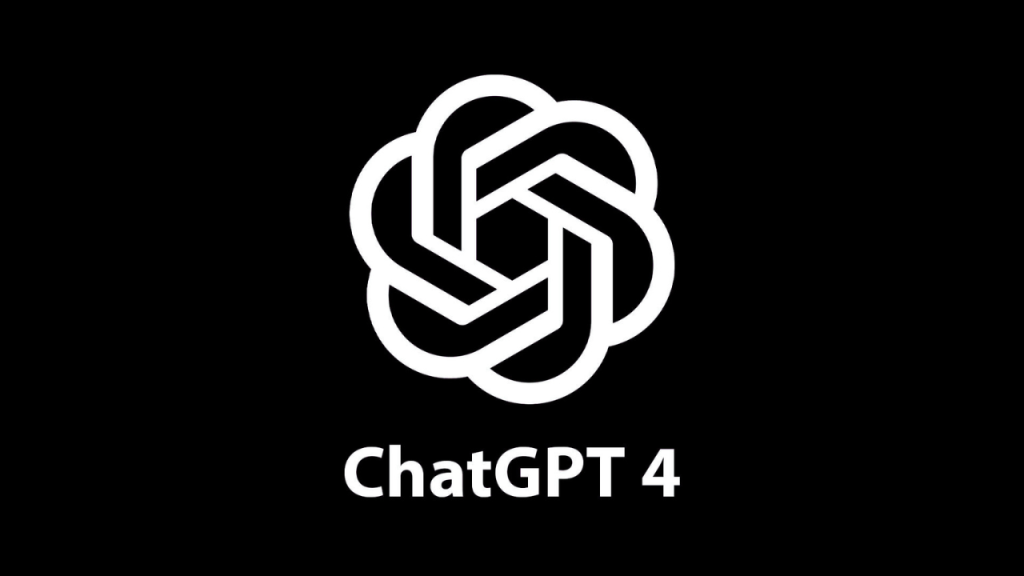
We should also anticipate to see breakthroughs in natural language processing (NLP) technology, which will enable AI writing tools to better understand and interpret human language. This will lead to more sophisticated and nuanced writing, as well as more natural and conversational exchanges between humans and machines.
Finally, we should anticipate to see increased partnerships between humans and AI in the creative writing process. AI writing tools will be able to assist authors in developing ideas and polishing their work, leading to more efficient and successful writing processes. Overall, the future of AI writing tools is bright, and we can look forward to many new breakthroughs in this subject in the years to come.
Conclusion
As we get to the end of this clash between Anthropic Claude and ChatGPT4, we can see that both AI authoring tools have their strengths and limits. Anthropic Claude was able to generate more cohesive and well-structured literature, whereas ChatGPT4 produced work that was more creative and inventive. However, it’s vital to highlight that both AI writing tools were designed by humans and programmed with certain characteristics and biases.

While AI writing tools can be impressive in their capacity to write content, they should not be considered as a replacement for human originality and imagination. Instead, they can be used as a tool to enhance and encourage human creativity. For example, a writer could utilize an AI writing tool to develop ideas or inspiration for a new narrative or article.
Additionally, the employment of AI writing tools raises serious ethical considerations about the potential impact on the writing profession and the future of creative writing. As AI technology progresses, it’s likely that AI writing tools could grow more advanced and potentially replace human authors in certain sectors. It’s crucial for us to assess the impact of AI writing tools on the future of the writing business and how we can ensure that human originality and imagination are still respected and celebrated.
In conclusion, the duel between Anthropic Claude and ChatGPT4 has showed us the strengths and limitations of AI writing tools. While they can be stunning and valuable, they should not be considered as a replacement for human ingenuity and imagination. As AI technology continues to improve, it’s crucial for us to explore the ethical consequences and ensure that human creativity stays at the center of the writing profession.

In conclusion, the war between Anthropic Claude and ChatGPT4 in creative writing has been an entertaining one to witness. Both AI models have their strengths, shortcomings, and distinct talents, making them appropriate for different types of writing projects.
However, as we have seen, Anthropic Claude is the clear winner when it comes to generating creative and interesting writing pieces, whereas ChatGPT4 performs better when it comes to generating more factual and informative articles. As AI technology continues to grow, we look forward to seeing even more complex models and how they may be applied to benefit the writing profession.
Read More : GPT-4 & AI: Will Software Developer Jobs be Replaced In 2023?

Hello I am Habib Hasan. I am an Internet Marketing Expert, Business Advisor, Programmer and Tech Advisor with skills in Technical SEO and Web Design, Web Developer.
